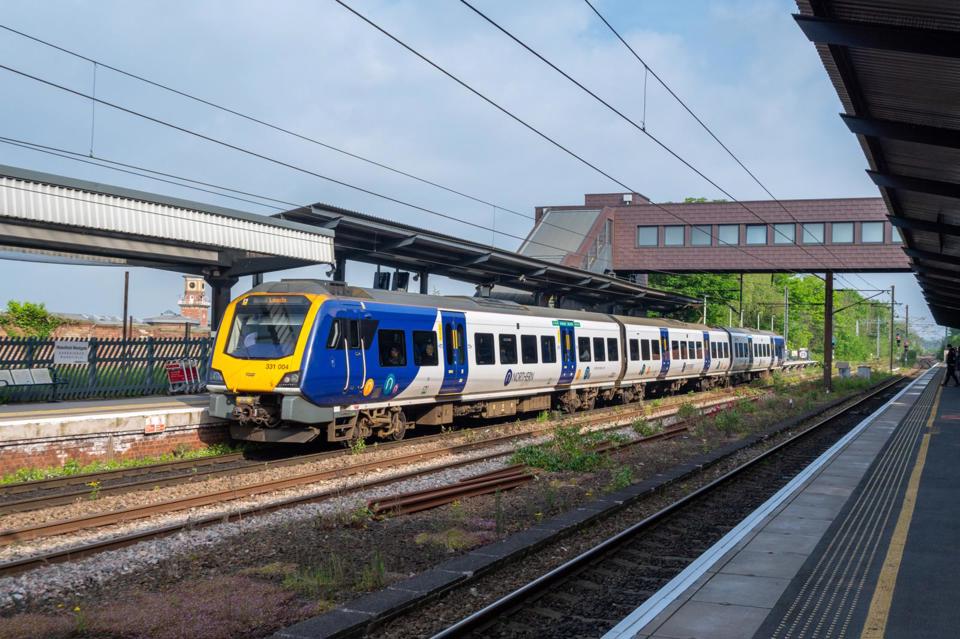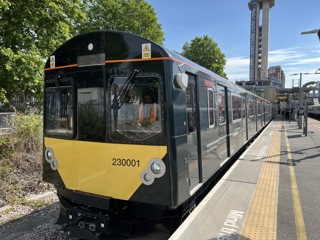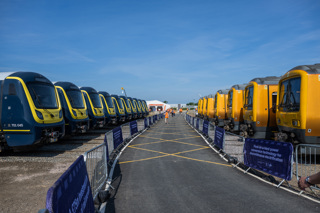Who guards the guards is an ancient question brought into current focus by the new government’s policy of nationalising English train operators.How will it hold to them to account for poor punctuality and cancellations?
There was a glimpse of the challenge at July 15’s meeting of the Rail North Committee (which is part of Transport for the North, TfN).
Who guards the guards is an ancient question brought into current focus by the new government’s policy of nationalising English train operators.How will it hold to them to account for poor punctuality and cancellations?
There was a glimpse of the challenge at July 15’s meeting of the Rail North Committee (which is part of Transport for the North, TfN).
This meeting of local politicians decided to re-send a letter to the Department for Transport calling for privatised Avanti West Coast to be stripped of its operating contract.
But when it comes to nationalised operators, the meeting’s attitude was best summed up by the chairman, Councillor Susan Hinchcliffe, when she said: “We’re all fans of LNER.”
It left unquestioned LNER’s recent record of last-minute cancellations, but did note that its trains were overcrowded.
Northern has a much worse record on cancellations (such that it’s recently received a breach notice related to those it’s responsible for, known as TOC-on-self cancellations). But councillors directed none of the anger they’ve hurled in the past at Avanti. Instead, there were expressions of sympathy for the operator’s position.
The heart of recent cancellations is the long-running pay dispute. Here, Avanti, Northern and LNER are in the same boat, but from my watching of the recent Rail North meeting, it’s very clear that they’re being treated differently.
TfN official David Hoggarth reminded the committee that some of Northern’s issues have been around since May 2018.
Back then, privatised Northern had tried and failed to bring in a new timetable. It rightly led to vociferous complaints from local politicians and councillors, and Northern was subsequently nationalised by stripping its private operator Arriva of its contract.
Yet problems remain. It shows that simply changing owner is not enough. Whoever runs the railways needs to be able to fix its underlying problems.
At the moment, most of those problems sit around pay and conditions for staff. Private operator contracts forbid local negotiations without government approval. And public operators are owned by the government.
So, this is clearly one for ministers in London to fix. Should they fail to, then how will they hold their operators to account for poor performance?
To read the rest of this column and Haigh's column every fortnight, Subscribe today and never miss an issue of RAIL. With a Print + Digital subscription, you’ll get each issue delivered to your door for FREE (UK only). Plus, enjoy an exclusive monthly e-newsletter from the Editor, rewards, discounts and prizes, AND full access to the latest and previous issues via the app.
Login to continue reading
Or register with RAIL to keep up-to-date with the latest news, insight and opinion.


















Login to comment
Comments
No comments have been made yet.